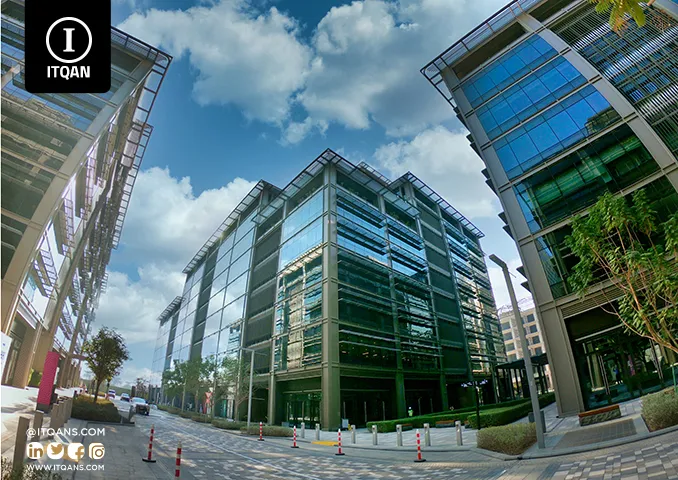How to Establish a Company in Dubai
Setting up a business in Dubai can be a lucrative opportunity, thanks to the city’s thriving economy, tax benefits, and strategic location. Entrepreneurs worldwide are drawn to Dubai’s business-friendly policies and extensive infrastructure. If you’re considering a business setup in UAE, this guide will walk you through the essential steps, requirements, and benefits.
Why Choose Dubai for Business Setup?
Dubai is one of the world’s most attractive destinations for entrepreneurs. Here’s why:
- 100% Foreign Ownership: In Free Zones, business owners can fully own their companies.
- Tax-Free Environment: Enjoy zero corporate and personal income taxes in most cases.
- Strategic Location: Connect with global markets easily.
- World-Class Infrastructure: Access modern technology, logistics, and connectivity.
- Variety of Business Options: Choose from Free Zone, Mainland, or Offshore business structures.
Key Steps for Business Setup in UAE
1. Choose a Business Activity
First, decide on the type of business you want to establish. The UAE government has a list of approved business activities based on various sectors, including trade, services, and manufacturing.
2. Select the Business Jurisdiction: Mainland vs Free Zone vs Offshore
Dubai offers three main business jurisdictions:
- Mainland: Allows you to operate anywhere in the UAE with government contracts and local market access.
- Free Zone: Provides tax benefits and 100% foreign ownership but limits business to inside the Free Zone or international trade.
- Offshore: Ideal for international businesses, offshore companies cannot operate within the UAE.
3. Register Your Company Name
You must choose and register your company’s legal trade name with the Dubai Department of Economic Development (DED) or the respective Free Zone authority.
4. Apply for a Business License
Depending on your business activity, you will need one of the following licenses:
- Commercial License: For trade-related companies.
- Service License: For professional and consulting businesses.
- Industrial License: For manufacturing and production firms.
5. Obtain Necessary Approvals
Some businesses require additional approvals from authorities such as the UAE Central Bank, Health & Safety Department, or specific ministry regulatory bodies.
6. Rent Office Space
All companies need a physical address in Dubai, whether in a Free Zone or on the mainland. You can opt for physical offices or flexi-desk spaces in Free Zones.
7. Open a Corporate Bank Account
Once the company registration is completed, you need to open a corporate bank account with a UAE-based bank.
8. Process Investor and Employee Visas
If you wish to reside in Dubai and hire staff, you’ll need to apply for investor and employee visas through Dubai’s immigration system.
Costs of Setting Up a Business in Dubai
The cost of a business setup in UAE depends on factors such as location, business activity, and office space. Here’s a rough estimate:
- Free Zone Setup: Starts at approximately AED 10,000 – AED 50,000.
- Mainland Business: Licensing fees start at AED 15,000 – AED 30,000.
- Office Space Rentals: Costs vary based on location and office size.
Advantages of UAE Free Zones for Startups
Free Zones offer several advantages:
- 100% foreign ownership & full repatriation of capital and profits.
- No import/export taxes.
- Faster company setup process.
- Industry-specific solutions.
For more details, visit the UAE Government Portal or explore Best Free Zones in UAE for Business Setup.
Conclusion
Starting a company in Dubai offers significant opportunities for entrepreneurs. By understanding the necessary steps, legal requirements, and costs involved, you can establish a successful business in one of the world’s top commercial hubs.








